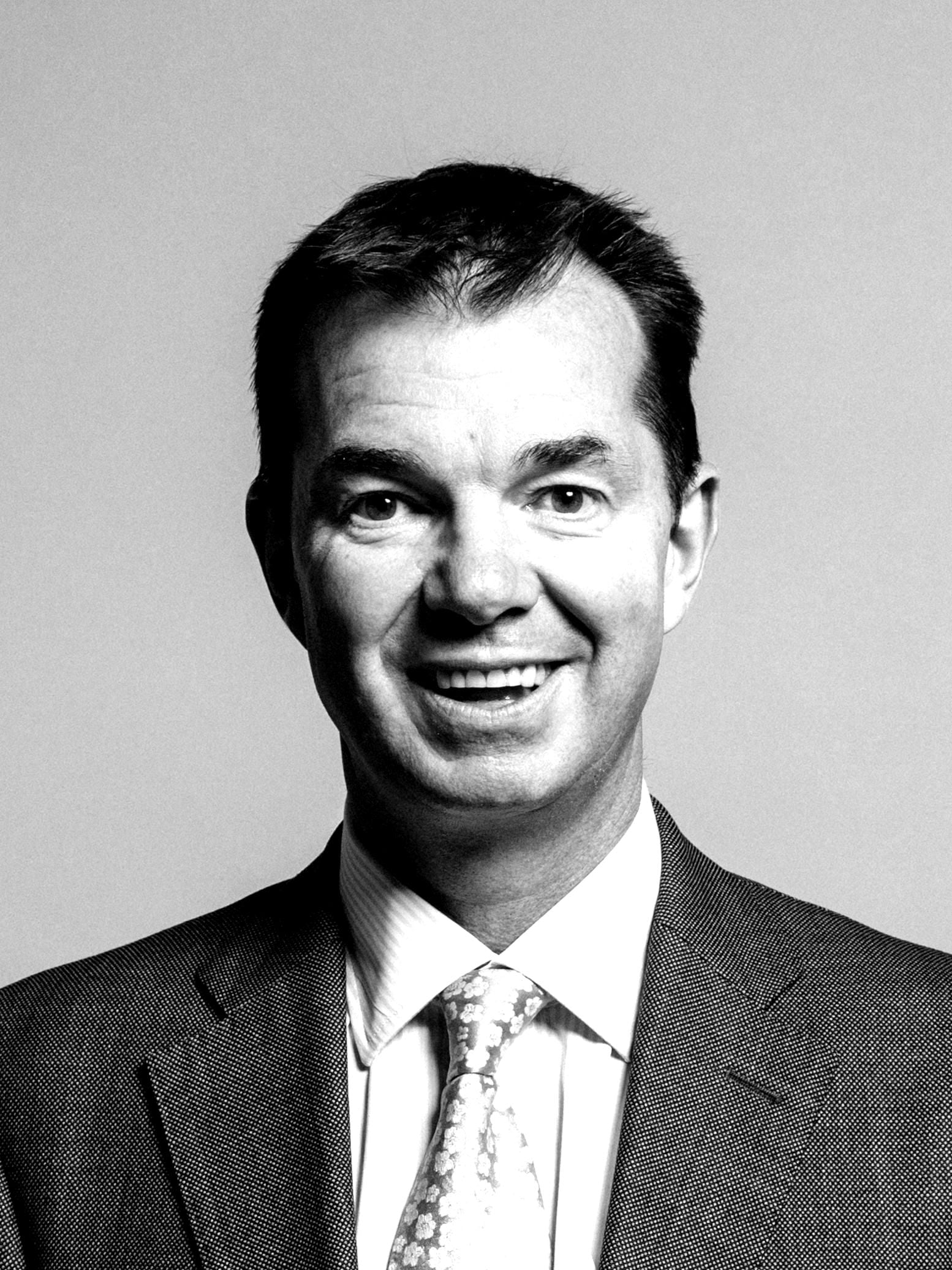NEWS
Broome Yasar recently hosted the UK Minister responsible for new legislation which now regulates pension funds, and therefore affect how they invest in companies. The UK is the first G7 country to legislate for net zero by 2050, with the bill putting climate change at the heart of pension savings. This will have a sizeable impact on IR programmes and investor reach for every single listed company.
VIEW PANEL DISCUSSION
In collaboration with Goldman Sachs and in association with IR Magazine and the Investor Relations Society, Broome Yasar hosted Guy Opperman MP, Minister for Pensions, and a panel of leading asset managers to discuss the government’s now legislated position on pension funds and their investments in UK plc.
The significant recent changes in UK laws regulating pension funds put climate change mitigation at the heart of policy-making and transform the investor relations landscape at every UK-listed company.
That was the clear message from a webinar organised by Broome Yasar and Goldman Sachs, which attracted more than 300 people to hear about the agenda led by environmental and social governance (ESG).
Chaired by Broome Yasar managing partner Oskar Yasar, the panel featured Pensions and Financial Inclusion Minister Guy Opperman, Maria Elena Drew, director of research for responsible investing at T Rowe Price and Claire Hedley, executive director at Goldman Sachs Asset Management.
They assessed the likely impact of the Pension Schemes Act and the wider implications of Britain becoming the first G7 country to legislate to bring all greenhouse gas emissions to net zero by 2050.
Mr Opperman said President Trump’s climate change policies over the past four years have left most US investors lacking knowledge about the changing global ESG investing arena. That has enabled Britain and London to become “the absolute centre for ESG going forward’ – a position that will be reinforced at November’s “COP26” UN Climate Change Conference in Glasgow.
The minister said making disclosure of climate change governance mandatory by embedding Financial Stability Board’s Task Force on Climate-related Financial Disclosure framework into the new laws was advised by former Bank of England governor Mark Carney as the most effective way of driving ESG pensions and investment strategy.
He sees the regulations flowing from the Act becoming law in time to be promoted at COP26 as an example of Britain leading the way on this issue.
“I cannot overstate the difference that COP26 is going to make to the ownership of investments in this country,” he added. “It’s astonishing to see the degree of seriousness with which it’s being taken. There’s no doubt that impact of investment strategy is the key issue in the defining issue of the 21st Century.” He said the announcements in Chancellor Rishi Sunak’s Budget of a “green gilt” and moves to make it easier to invest in illiquid assets, are also part of an exciting agenda to “ensure that we have game-changing investments on a long-term basis”.
“ESG and the work you’re all going to have to do to implement changes to your investment policy and asset management approach is a burden,” he added. “There’s no question that it changes the approach of the individual running the account. But it’s also a massive opportunity.”
Maria Elena Drew sees corporates responding to the requirement for increased ESG disclosure and says T Rowe Price played a part by backing some early disclosure standards. “We’ve seen a real step change from a couple of years ago,” she said. “It was us going to investee companies and asking them to improve their environmental and social disclosure so we could better quantify and analyse companies.
“A lot of times, we would have to persuade them why it was in their best interests to disclose this information. A year ago, the sentiment changed dramatically. Companies started coming to us and asking how to do ESG disclosure.”
She says the ESG world is still “like an alphabet soup to many” and T Rowe Price has advised hundreds of investee companies on what they need to do.
“It’s very tricky for them,” she said. “The fact that new regulations are coming into play is going to be very helpful, but we do need a bit more clarity.
“Every country is doing their own thing and it’s tough for companies appealing to global investors to know exactly what and how they should be disclosing.”
Claire Hedley still sees great disparity in terms of where pension funds are on the ESG sustainability journey. “The standards are still an evolutionary journey for trustees,” she said. “More information is coming and there’s more understanding and grasping of the concept.
“People are starting to realise that they will perhaps not be able to do everything on day one and there will be some evolution in reporting one year that will improve the following year and the years after that. There’s more work to do in areas like data and scenario analysis to get further along.”
Broome Yasar believes ESG is going to significantly change narratives not only from an investment perspective but also more widely in investor relations and corporate affairs.
“Many in our market are still not yet aware of how these legal changes affect investments in companies,” said Oskar Yasar. “But a significant number of the world’s largest asset managers and pension funds will have to redirect their approaches to ESG, activism and engagement with companies in governance topics.
“We believe ESG considerations will become standard in the way that investment decisions are made. This is a once-in-a-century opportunity that puts action on climate change at the heart of all we do. It will undoubtedly have a sizeable impact on IR programmes and the investment relations landscape at every single UK listed company.”
Broome Yasar Partnership is regarded as the leading global investor relations and corporate affairs executive recruiter. For further information please contact@broomeyasar.com





